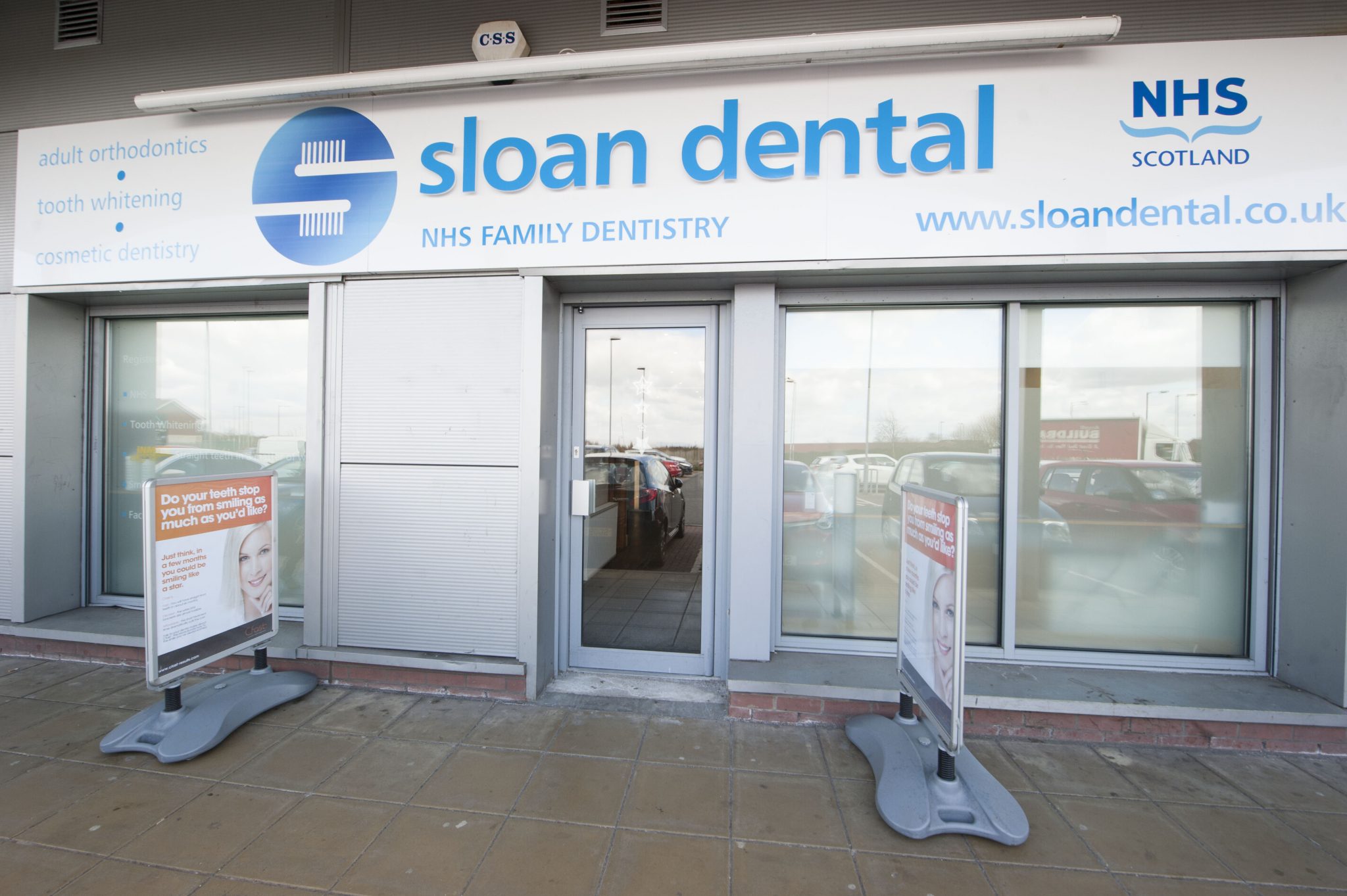Many factors can cause translucent teeth. Some of these causes include tooth decay, thin enamel and medical conditions. If you notice your teeth have started to look translucent, a quick visit to the dentist can help to diagnose this common problem.
When your teeth look transparent, this means that the enamel has worn away. Once the enamel is gone, the dentin below is exposed. Dentin may be white, grey, yellow or off-white, which can make your teeth look discoloured.
How to identify translucent teeth
Translucent teeth may appear will usually look dull, waxy or discoloured. Since the dentin doesn’t always reach the end of the tooth, losing enamel can make the edges of your teeth look jagged.
At the tip of the tooth, you may only have enamel, and once this starts to thin, the tooth may have a dark grey-ish line. As the name suggests, the teeth may also appear glassy.
Translucent tooth causes
The primary cause of translucent teeth is eroded enamel, but there are many reasons this may happen. For example, you can lose enamel over time, or your enamel may not have formed correctly. These include:
Enamel hypoplasia. This is a genetic condition that causes poor enamel formation. The enamel may be weak, chalky or thin. On rare occasions, no enamel forms at all and the teeth are left exposed. With enamel hypoplasia, enamel erodes quickly, leaving the dentin exposed.
Bulimia. With this eating disorder, regularly purging through vomiting will expose to teeth to stomach acid. Over time, this damages the enamel and leaves the teeth weaker and discoloured.
Celiac disease. This condition affects more than just the gastrointestinal tract. Celiac disease can cause poor and irregular enamel formation, often resulting in pitting, banding and teeth with an uneven appearance. In addition, patches of the enamel may erode, leading to uneven colouration.
Poor diet and oral hygiene. Having too many soft drinks and not brushing teeth regularly can lead to enamel erosion. Fruit drinks, soft drinks, sweets and sugar are often very acidic. This creates the ideal circumstances for bacteria build-up, which leads to enamel loss. This situation is usually made worse if the individual does not brush their teeth regularly.
Wear and tear. Brushing the teeth too hard or grinding your teeth at night will also lead to enamel erosion.
What are the signs of enamel erosion?
The signs will vary, depending on the progression of the enamel erosion. However, you may notice the following symptoms:
- Increased sensitivity
- Discolouration
- Cracks and chips
What treatments are available for translucent teeth?
Treatments are available to help protect your teeth and address the aesthetic side of transparent teeth. To help prevent further tooth enamel loss, you can try the following methods:
- A remineralisation toothpaste can help to address the sensitivity.
- Fluoride treatments can also help to strengthen the remaining enamel to stop further loss.
- Avoid snacking between meals.
- Brush your teeth twice a day with fluoride toothpaste.
- Switch to a gentle toothbrush head.
- Drink through a straw to avoid exposure to acids.
- Finish meals with a glass of milk or a piece of cheese. This will help to neutralise the acid in your mouth.
- Wait 30 minutes after eating or drinking to brush your teeth.
- Don’t rinse your mouth with water after brushing.
Not even your dentist can restore lost tooth enamel. Therefore, the only option is to protect the remaining enamel and address the aesthetic concerns. Treatment options include:
- Tooth bonding. This treatment is cost-effective and straightforward. A composite resin is applied directly to the tooth, shaped and bonded in place with UV light. This will help to make your teeth look whiter and less transparent. It can also fix gaps and jagged edges and conceal translucent teeth. In addition, we offer enamel recontouring to help transform your smile.
- Venners. These are thin shells that fit directly over the teeth. This can dramatically change the appearance of your smile. This treatment will also protect your teeth from further enamel erosion.
- Dental crowns. These are caps that fit on top of individuals teeth. These may be made from metal, porcelain, resin or ceramic.
If you’re concerned about translucent teeth, book an appointment with Sloan Dental today. We can help address the root cause of your translucent teeth and help you find a dental restoration that works for you.



